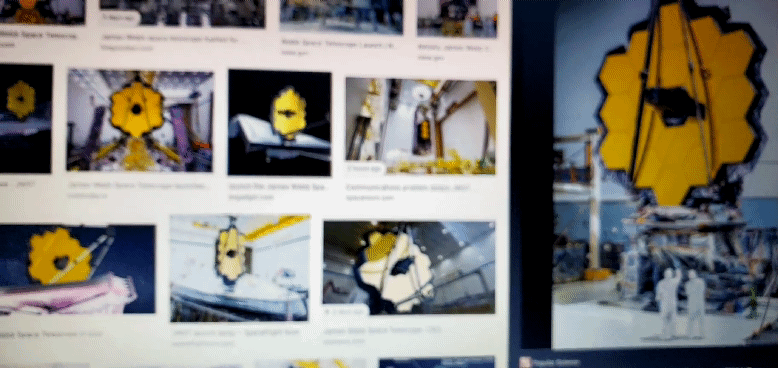The James Webb Telescope: Humanity's Final Hope for Unity
Written on
Chapter 1: The Stakes of Our Existence
The James Webb Space Telescope (JWST) may represent humanity's last chance for survival. If it fails, the consequences could be dire for all of us.

In my analyses, I often step back to gain a broader perspective on current events, juxtaposing them with the grand narrative of human history. This allows me to identify patterns that have persisted over time.
Throughout history, we see numerous well-trodden paths that lead us to predictable outcomes. While the course of history might seem to lean toward justice, a closer look reveals that it often comes full circle. If we do not disrupt this cycle, humanity will likely continue on its established trajectory, much like it has for millennia.
The James Webb Space Telescope could be the catalyst that transforms our understanding of what it means to be human. I fear that this may be our only opportunity to come together as a species.
You might argue, “Surely we’ve evolved since 100,000 years ago!” But from a broader perspective, have we really changed? Are wars, greed, and suffering absent from our world today? Do we still have elites hoarding vast resources while the rest of us struggle? Do we still cling to the illusion of upward mobility, buying lottery tickets or working endless hours in hopes of joining their ranks?
The cycle persists. The only difference is the technology we wield, which has simply increased our capacity to exploit resources and spread destruction. This relentless efficiency is leading to the degradation of our planet, and ultimately, our own demise—elites included, whether they acknowledge it or not.
When we step back and scrutinize our actions, it’s evident that we have become a parasitic force, undermining our own habitat. Our society resembles a colony of ants, obediently serving a flawed system known as “the economy,” sacrificing countless lives for its nourishment.
We don't require more revolutions that pit us against each other; we need a collective awakening.
Figures such as Jesus, Buddha, and Martin Luther King Jr. have not succeeded in uniting us. Their legacies have often been manipulated for violence and division.
It’s worth noting that the individual James Webb likely had flaws too. However, the telescope bearing his name may alter our future—not necessarily for the better, but perhaps just enough to extend our existence.
The path to survival lies in unifying for our collective future.
Fighting climate change, battling fascism, or combatting terrorism may not bring us together. However, confronting existential threats, like potential extraterrestrial life, could unite us as a single species striving to protect our shared home.
If this $10 billion experiment successfully launches into space and delivers the data we hope for, it might discover life elsewhere on its very first day. This revelation would change everything.
We would no longer be alone. Our differences would become trivial in the face of a new external reality. Humanity would be forced to confront a shared concern that transcends our petty squabbles.
The JWST continues to face delays and technical issues, but we hope it will soon find its place in orbit and begin its search for life beyond our planet.
Humanity's Last Look at the Webb Space Telescope - Now in High-Res!
This mission could lead to a new chapter in human history. If it unifies us to focus our efforts outward rather than inward, I would welcome that outcome.
If it fosters the creation of a single, scientifically-driven global community, so be it. The labels we attach to ourselves are irrelevant; what matters is our collective future.
To survive, we must confront the question that has always been vital: why do we allow a few to monopolize resources when there are greater challenges at hand?
We need to prioritize the well-being of our entire planet, not just the privileged few.
As we look forward to the JWST's launch this month, let's channel our support and hope into this endeavor. If it fails to meet expectations, we might find ourselves on the brink of an irreversible collapse of our civilization.